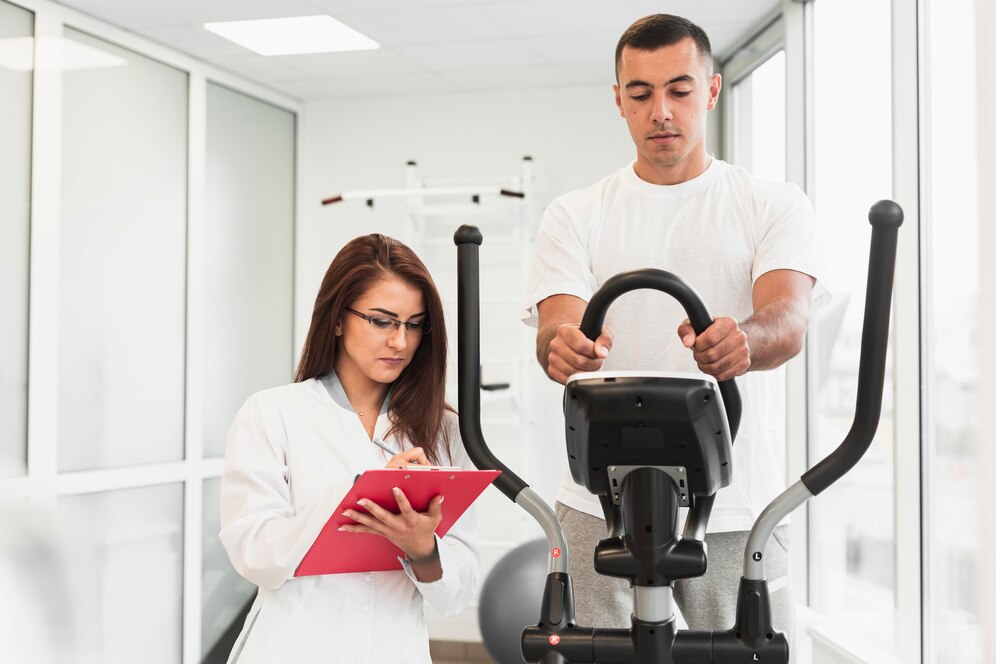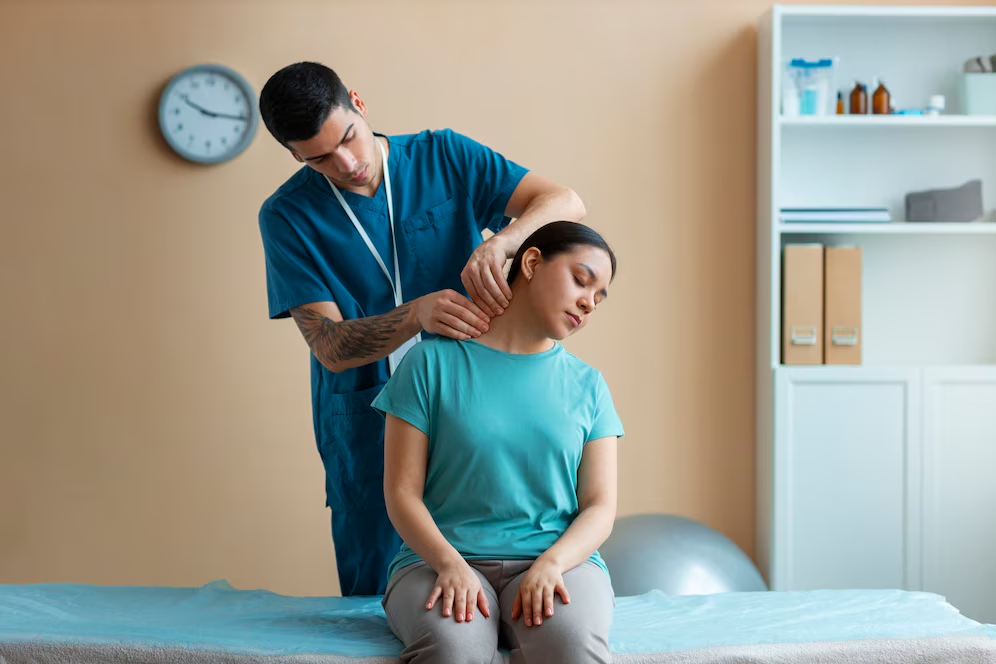
Why is Physiotherapy Not Working For You? Here Are the Top Reasons
- Fri Jun 28

Maintaining balance and stability is essential for carrying out everyday activities, from walking and standing to driving and even enjoying leisurely pursuits. However, for individuals experiencing vestibular disorders or balance issues, these tasks can become challenging and even debilitating. That’s where vestibular rehabilitation comes in. In Sherwood Park, individuals struggling with balance and vestibular issues have access to specialized therapy and exercises designed to help them regain their equilibrium and improve their quality of life. Let’s delve into the world of vestibular rehabilitation and explore how it can make a difference for those in Sherwood Park and beyond.
Vestibular rehabilitation in Sherwood Park is a specialized form of therapy aimed at addressing balance and dizziness disorders stemming from problems with the vestibular system, which is responsible for sensing motion, spatial orientation, and balance. These disorders can result from various causes, including vestibular neuritis, labyrinthitis, benign paroxysmal positional vertigo (BPPV), Meniere’s disease, and traumatic brain injuries.
THE ROLE OF VESTIBULAR THERAPISTS
Vestibular therapists in Sherwood Park are trained healthcare professionals who specialize in assessing and treating vestibular disorders. In Sherwood Park, these therapists work closely with patients to develop personalized treatment plans tailored to their specific needs and goals. Through a combination of hands-on techniques, exercises, and education, they help patients improve their balance, reduce dizziness and vertigo, and enhance their overall function and quality of life.
COMMON VESTIBULAR REHABILITATION EXERCISES
Vestibular rehabilitation exercises are designed to promote adaptation, compensation, and habituation—key processes that help the brain adjust to changes in vestibular function and improve balance and stability. Some common exercises include:
Balance Exercises: These exercises focus on improving stability and proprioception (the body’s sense of its position in space). Examples include standing on one leg, walking in a straight line, and performing gentle movements to challenge balance while standing or sitting.
Gaze Stabilization Exercises: Gaze stabilization exercises help improve visual focus and reduce dizziness and vertigo. They involve moving the head while keeping the eyes fixed on a stationary object, such as a target or a point on the wall.
Canalith Repositioning Maneuvers: Canalith repositioning maneuvers are specific techniques used to treat BPPV, a common cause of vertigo. These maneuvers involve a series of head and body movements aimed at repositioning displaced calcium crystals (otoconia) within the inner ear.
Habituation Exercises: Habituation exercises involve repeated exposure to movements or situations that provoke dizziness or vertigo. Over time, this exposure helps desensitize the brain to these stimuli, reducing symptoms and improving tolerance.
For individuals in Sherwood Park struggling with balance and vestibular issues, vestibular rehabilitation offers numerous benefits, including:
Improved balance and stability
Reduced dizziness and vertigo
Increased confidence and independence
Enhanced ability to perform daily activities
Prevention of falls and injuries
Conclusion: Take the First Step Towards Better Balance
If you’re experiencing balance problems or vestibular issues in Sherwood Park, don’t let them hold you back from living life to the fullest. With vestibular exercises and therapy, you can take proactive steps towards regaining your equilibrium and enjoying greater freedom and confidence in your daily activities. Reach out to a vestibular rehabilitation therapist in Sherwood Park today to learn more about how they can help you on your journey to better balance and well-being.